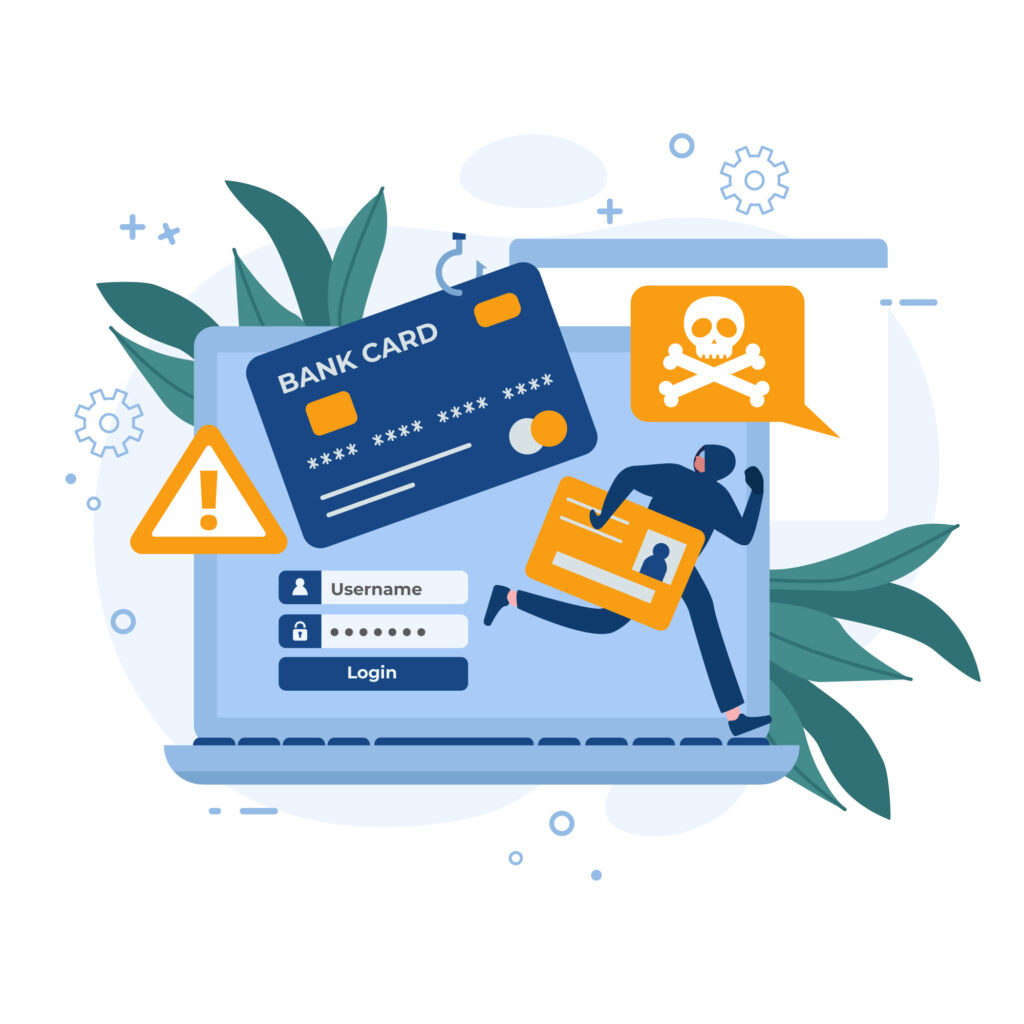
Introduction
In an increasingly digital world, the security of payment card information is of paramount importance. The Payment Card Industry Data Security Standard (PCI DSS) serves as a critical framework designed to protect sensitive customer data during transactions. Established in 2004 by major credit card companies like Visa, MasterCard, American Express, Discover, and JCB, PCI compliance is aimed at helping businesses safeguard cardholder information and combat fraud.
Security Standards
At its core, PCI compliance encompasses a set of security standards that all organizations that handle credit card transactions must follow. These standards provide guidelines to prevent data breaches and protect against identity theft. PCI DSS covers various aspects of data security, including encryption, access control, monitoring, and regular testing of networks. By adhering to these standards, organizations demonstrate their commitment to safeguarding customer information, thereby building trust and credibility with clients.
Evaluation
To be PCI compliant, businesses must undergo a thorough evaluation of their systems and processes. This evaluation can vary depending on the volume of credit card transactions a business processes annually. Smaller merchants might only need to complete a self-assessment questionnaire, while larger entities may require a formal audit by a Qualified Security Assessor (QSA). The PCI standards are categorized into six main objectives: building and maintaining a secure network; protecting cardholder data; maintaining a vulnerability management program; implementing strong access control measures; regularly monitoring and testing networks; and maintaining an information security policy.
Failure to comply
Failure to comply with PCI standards can result in severe consequences for businesses, ranging from hefty fines to legal repercussions and damaged reputations. In the event of a data breach, non-compliant organizations may face increased liability, especially if it is determined that they neglected to adhere to PCI requirements. Additionally, they risk losing their ability to process credit card payments, which could significantly impact their revenue and operational capabilities.
Conclusion
In conclusion, PCI compliance is essential for any business that handles payment card information. It serves not only as a safeguard against fraud and data breaches but also as a means to foster customer trust. By implementing the required security measures and regularly evaluating their practices, organizations can enhance their data protection strategies, ensuring they protect both their customers and their own business interests. In our digital age, the commitment to PCI compliance is not just a regulatory requirement but a critical aspect of good business practice. Please note that this is only some basic information, call us at 310.826.7000 for more information.
